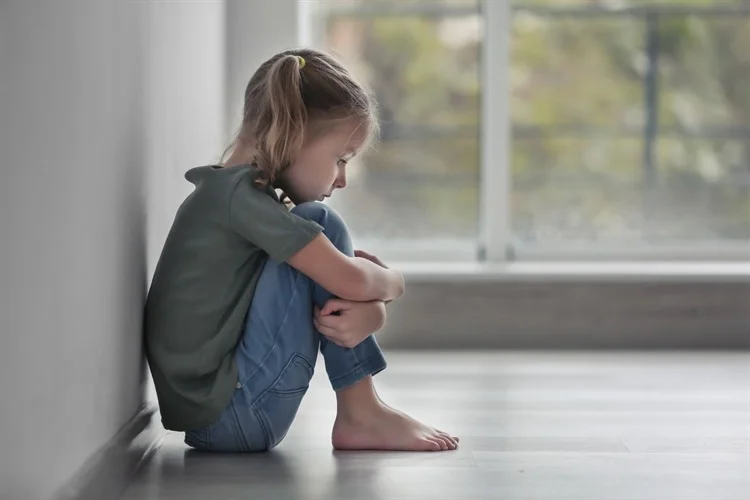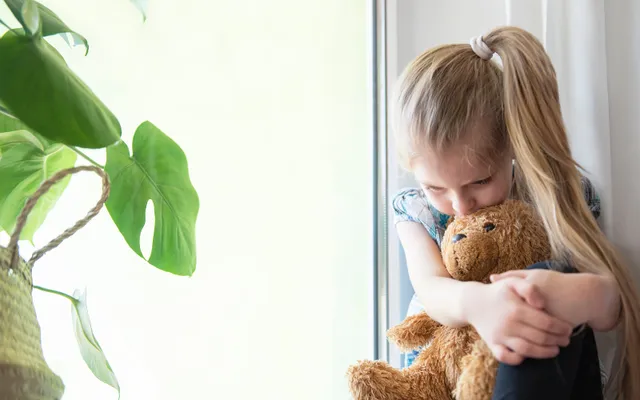7 Types of Adverse Childhood Experiences

Understanding the different types of adverse childhood experiences is essential for therapists working with individuals who have endured trauma during their formative years.
7 Types of Adverse Childhood Experiences
Iranian social workers’ official website
Understanding the different types of adverse childhood experiences is essential for therapists working with individuals who have endured trauma during their formative years (Copley, 2023).
According to leading trauma experts, these experiences encompass a range of physical, emotional, and environmental factors that can profoundly impact a child’s development and wellbeing (Herman, 1997; Levine, 2010; Mate, 2019; Ogden & Fisher, 2015; Siegel, 2012; Van der Kolk, 2015; Walker, 2013).
1. Physical abuse
- Physical abuse involves the intentional infliction of physical harm or injury upon a child by a parent or caregiver.
- It can manifest as hitting, kicking, shaking, burning, or other forms of violence, resulting in bruises, fractures, or other injuries.
- Children who experience physical abuse may develop a range of emotional and behavioral problems, including anxiety, depression, aggression, and self-harm.

2. Emotional abuse
- Emotional abuse encompasses behaviors that undermine a child’s self-worth, confidence, and emotional wellbeing.
- It can involve constant criticism, belittling, rejection, or threats of abandonment, leading to feelings of shame, guilt, and worthlessness.
- Emotional abuse can have profound and long-lasting effects on a child’s self-esteem, interpersonal relationships, and mental health, contributing to anxiety disorders, depression, and difficulties forming trusting connections with others.
3. Sexual abuse
- Sexual abuse refers to any sexual activity or behavior imposed on a child by an adult or older individual in a position of power or authority.
- It can include sexual touching, molestation, exploitation, or rape, leaving the child feeling violated, confused, and ashamed.
- Children who experience sexual abuse may struggle with a range of psychological and emotional consequences, including PTSD, sexual dysfunction, and difficulties forming healthy intimate relationships.

4. Neglect
- Neglect occurs when a parent or caregiver fails to provide for a child’s basic physical, emotional, or developmental needs.
- It can involve inadequate supervision, nutrition, medical care, or emotional support, leading to physical and emotional deprivation.
- Children who experience neglect may suffer from malnutrition, poor hygiene, developmental delays, and attachment difficulties, impacting their overall health and wellbeing.
5. Household dysfunction
- Household dysfunction encompasses a range of adverse circumstances within the family environment that can negatively impact a child’s wellbeing.
- It may include parental substance abuse, mental illness, domestic violence, incarceration, or divorce, creating an unstable and chaotic living environment.
- Children exposed to household dysfunction may experience emotional trauma, disruption in attachment relationships, and heightened stress levels, increasing their risk for behavioral problems, academic difficulties, and mental health disorders.
6. Community violence
- Community violence refers to exposure to violence or traumatic events within the child’s broader community, such as witnessing or experiencing crime, gang activity, war, genocide, or natural disasters.
- It can lead to feelings of fear, helplessness, and insecurity, as well as heightened vigilance and hypervigilance.
- Children who experience community violence may develop symptoms of PTSD, anxiety, depression, and behavioral problems, affecting their ability to function effectively at home, school, and in social settings.

7. Grief and loss
- Grief and loss encompass the experience of losing a loved one or significant attachment figure through death, separation, or abandonment.
- It can result in intense emotional pain, sadness, and longing, as well as feelings of emptiness, disbelief, and anger.
- Children who experience grief and loss may struggle with adjustment difficulties, unresolved grief, and challenges in processing their emotions, impacting their overall wellbeing and functioning.
